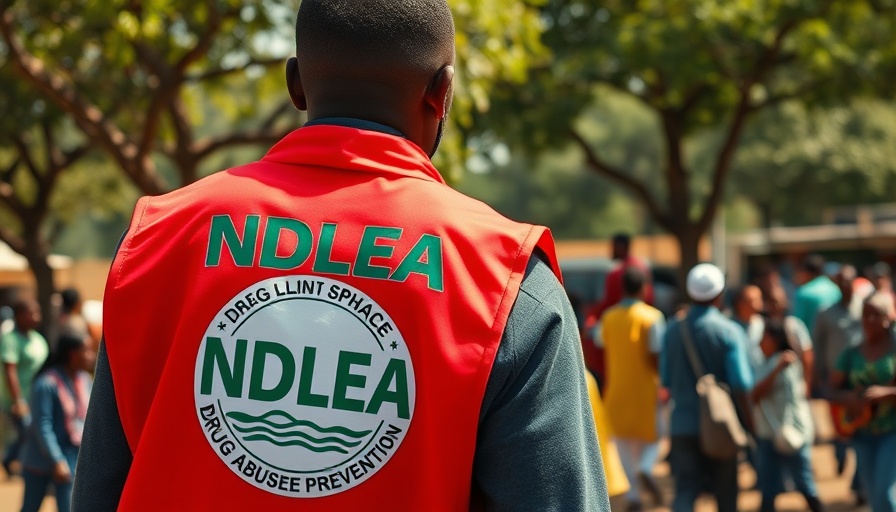
The Urgent Need for Surrogacy Regulation in Nigeria
Surrogacy in Nigeria is a rapidly growing reproductive option, providing hope to infertile couples and individuals yearning to experience parenthood. However, the current unregulated state of surrogacy in the country presents significant risks to all parties involved, prompting an urgent call for comprehensive legal frameworks.
In Surrogacy in Nigeria: Urgent Call for Regulation, the discussion dives into the pressing need for legal frameworks to manage surrogacy practices and the ethical implications that arise from the current unregulated landscape.
Understanding the Legal Vacuum
Nigeria presently lacks specific legislation to oversee surrogacy practices, leaving a dangerous void that exploited individuals and unethical practices can easily fill. This absence of legal guidelines has resulted in a concerning increase in baby factories, where vulnerable women are coerced into bearing children for sale under precarious and often hazardous conditions. Such extreme exploitation exemplifies the need for a structured legal approach to surrogacy.
Ethical Considerations in Surrogacy
Surrogacy must not be taken lightly, as it involves profound emotional and physical implications for surrogates. By treating surrogacy transactions like simple consumer choices, we risk commodifying motherhood and diminishing the sacred nature of bringing life into the world. Advocates argue that regulations must be stringent enough to protect surrogates from being exploited for financial survival, especially those from low-income backgrounds who may have limited options available due to economic pressures.
The Child Welfare Dilemma
Moreover, the lack of an established regulatory framework raises serious concerns regarding child welfare. Children born through surrogacy may face challenging situations such as disputed legal parentage, which can lead to abandonment and custody battles. These risks point to the need for explicit legal protections to ensure a secure environment for children brought into the world through surrogacy.
Health Risks and the Umbrella of Safety
Surrogates’ health remains a prime concern, with dangers exacerbated by the unregulated medical practices often accompanying surrogacy. Without proper medical care and monitoring, surrogates are at increased risk of health complications such as congenital abnormalities, preterm births, and maternal health issues. Establishing national standards for assisted reproductive technology clinics is crucial to mitigate these health risks and ensure the well-being of both the surrogate and the newborn.
A Proposed Path Forward: Legislative Action
To address the pressing concerns surrounding surrogacy in Nigeria, the 2024 Surrogacy Regulatory Commission Bill has been introduced. This legislation could create a regulatory body to oversee surrogacy practices, ban commercial surrogacy, and develop standards for medical screenings and mandatory counseling. The timely passing and enforcement of this bill is vital in transforming surrogacy into a safe, ethical, and legally sound option for all involved.
Confronting Misconceptions and Fostering Dialogue
Crucially, the dialogue surrounding surrogacy must also confront prevalent misconceptions. There are beliefs that financial incentives drive women into surrogacy without considering the emotional complexities involved. Any serious discussion should emphasize empathy and the acknowledgment of the potential psychological impacts on surrogates.
Conclusion: A Call to Action in Surrogacy Regulation
As Nigeria grapples with these pressing issues, it’s imperative for policymakers and society at large to engage in meaningful discussions about the future of surrogacy in the country. Now is the time to advocate for better regulations that prioritize the rights and health of all parties involved—surrogates, intended parents, and the children brought into this world. With the right frameworks in place, Nigeria can foster a system that respects the sanctity of life while ensuring ethical and legal protections for everyone involved.
 Add Row
Add Row  Add
Add 


 Add Row
Add Row  Add
Add 

Write A Comment